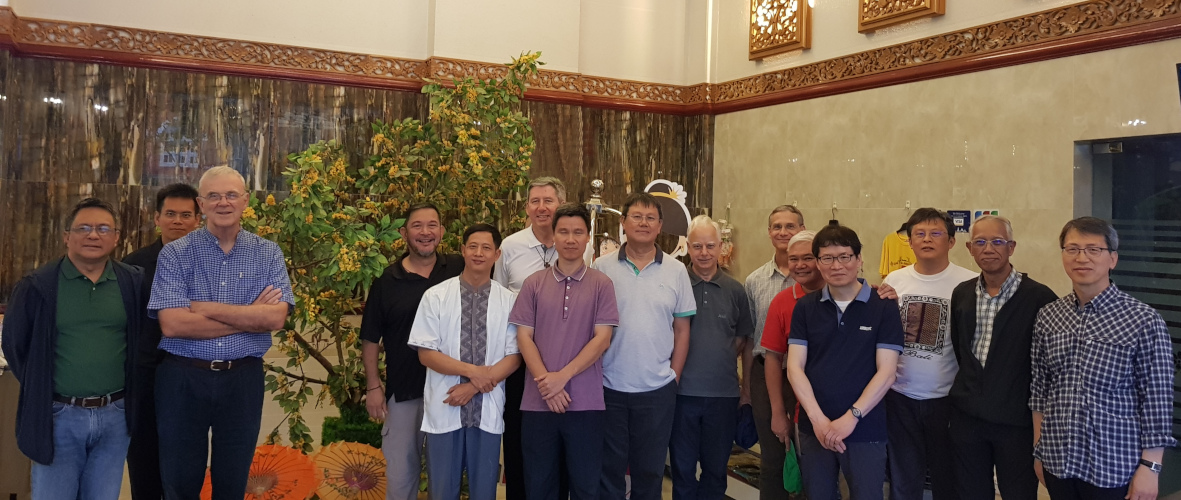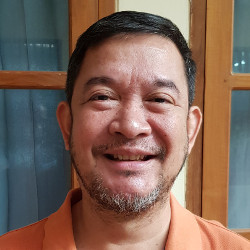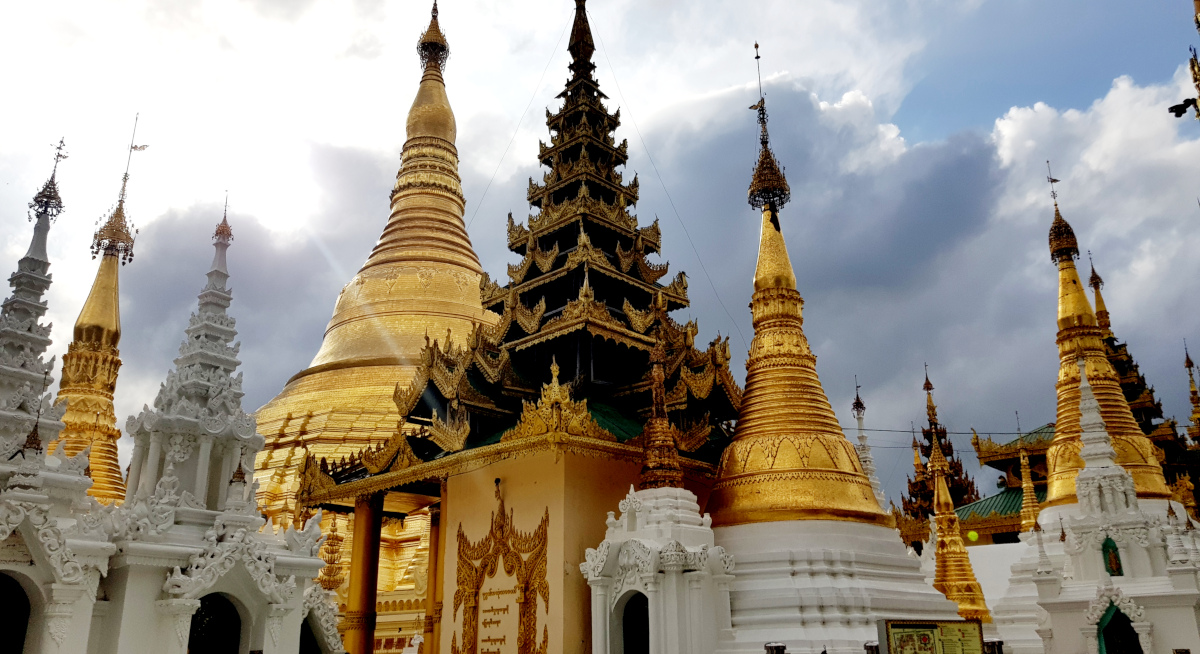
This year’s meeting held from June 17 to 20 in Yangon, Myanmar followed through last year’s topic on “Safeguarding the Minor”. Fr James Gascon SJ, psychoanalyst, counsellor and former director of the Center for Family Ministries in the Philippines, guided discussions on motives for living a celibate life, the theological dimensions of celibacy and sexual identity, sexual maturity and integration, boundaries, and accompaniment of homosexuals in formation.
Although the sessions were loaded and intense, the delegates appreciated the serious study and presentations, particularly in naming, identifying and clarifying issues related to celibate chastity, sexuality and sexual identity in relation to Jesuit formation. These subjects are often difficult to talk about in an Asian context, where in many places they are considered sensitive and taboo. The presentations were, in fact, mostly based on a Western context, as Fr Gascon admits, because of the dearth of research in the Asian context. The invitation after the sessions was always for us to reflect on how the inputs made sense in our work of formation in our own provinces and regions.
Besides the presence of JCAP Formation Delegate Fr Riyo Mursanto SJ and JCAP Delegate for Studies Fr Robin Koning SJ, we were graced by the participation of Fr Mark Ravizza SJ, General Counsellor for Formation. He shared about formation vis-à-vis the new Universal Apostolic Preferences (UAPs) of the Society. Fr Ravizza emphasised understanding the preferences as “orientations” and not simply as priorities, thus, considering the UAPs as a “spiritual path” – “a dynamic means for continuing to be guided by the Spirit”, a new way of proceeding, a process of discernment.
The UAPs are given to us as “a guide to the renewal of life and mission that General Congregation 36 sought, to respond to who we want to be and how we are called to live”, said Fr Ravizza. They invite “each person, community and institution to enter into a process of discernment to hear and respond to the cries of the poor, the youth and the earth in their local context”. Therefore, the UAPs are an invitation to a “conversion that empowers the mission”. In this understanding, Fr Ravizza reminded us how the Spiritual Exercises, spiritual conversation and discernment in common are important tools that help us “to show the way to God”.
After three days of earnest discussions, we visited Campion Institute, the English language school, and the newly opened Myanmar Leadership Institute in Yangon to gain a better appreciation of the Society’s work in Myanmar. A visit to the country would be incomplete without stopping by the 2,500-year-old Shwedagon Pagoda, a magnificent Buddhist temple about 110 metres high, covered with gold plates and a stupa encrusted with over 4,000 diamonds. We ended the meeting with a prayer for the country and for the Jesuit Mission in Myanmar.








